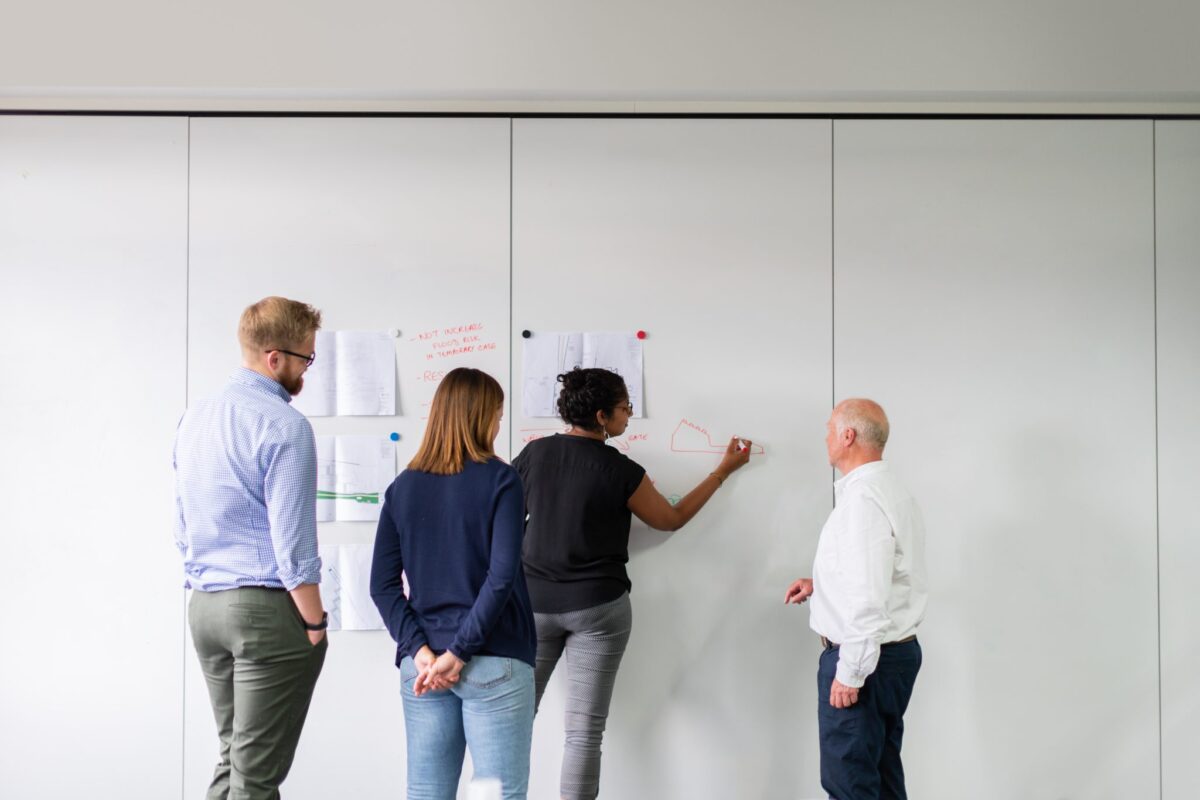
The DINNOS Project: How researchers are using CogniFit to study the effects of age diversity in the workplace
As workers move throughout their career, they learn new skills, obtain valuable experience, and become knowledgeable in the important details of their role and their industry. However, this experience doesn’t come without a trade-off. As these veteran employees grow older, they can lose some of the cognitive flexibility and sharpness they had as younger workers just entering the workforce.
And, though it may seem like building teams with members of the same or similar ages would create more fluent and effective communication and less emotional and cultural conflicts, when businesses can successfully take advantage of the unique value team members from across the age spectrum are able to provide, there is potential for the development of new ideas and innovations as these varied experiences and backgrounds mix.
But how can businesses ensure these diverse teams members come together to form a cohesive unit and that employees are able to bring the most value in their roles throughout their career. As health tech evolves it is important to ensure that diversity, inclusion, and equity is maintained throughout the systems used and the samples being gathered.
Understanding How Businesses Can Create Successful Age-Diverse Teams

The research team behind The DINNOS Project has taken up this exact question in an attempt to address the challenges businesses face when building groups with ‘age heterogeneous team composition’.
This project, which will be evaluating hundreds of small- and medium-sized businesses across the United Kingdom and Germany will focus on two distinct factors which affect the creation of successful age-diverse teams: How managers build and lead teams, and how the cognitive state of older employees affects the success of the teams.
For the first aspect, the researchers will be looking at the effects of leadership training for managers, and for the second, they will be studying the effect of cognitive training for older employees.
Using CogniFit’s Cognitive Training to Improve Workplace Outcomes?
For any employee to be successful, regardless of age, they need to have the appropriate Cognitive Ability—defined in this study as “a general mental capability involving reasoning, problem-solving, planning, abstract thinking, complex idea comprehension, and learning from experience”—required by the role.
The DINNOS Project has partnered with CogniFit to measure and train the cognitive abilities of older employees in areas such as Memory Processes (e.g., Short-term Memory), Executive Functions (e.g., Inhibition and Attention), Processing Speed (e.g., Response Time), and Logical Reasoning (e.g., Planning).
By understanding how the cognitive state of these employees affects the performance of age-diverse teams—and importantly, the role that cognitive training plays in mitigating the negative effects of the aging brain—the researchers hope to be able to develop systems to help businesses create thriving, successful age-diverse teams.
Conclusion
We look forward to posting a follow-up with some of the important insights the research team learns once the results have been collected and analyzed.
For more information on the DINNOS Project, visit their website at https://dinnos-h2020.com/.














